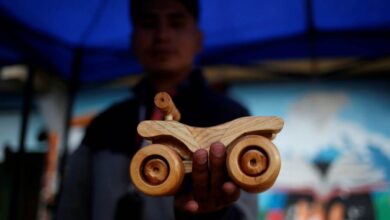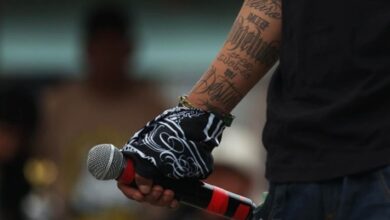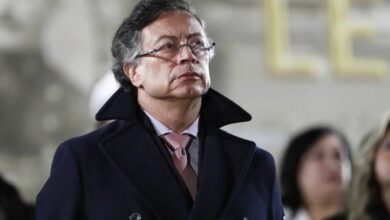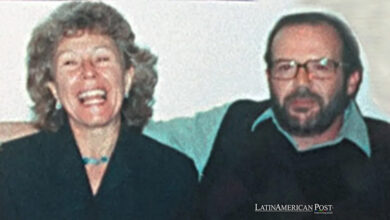Bolivia Unrest: Genuine Coup Attempt or Political Maneuver?
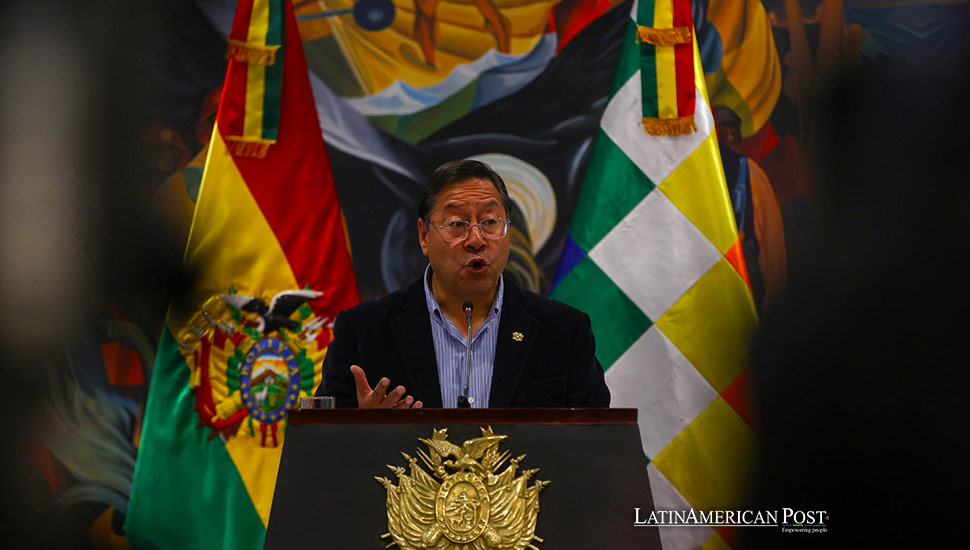
Bolivia’s political stability was questioned as a failed coup attempt revived memories of the country’s turbulent past. The incident and ongoing political struggles highlight the deep-rooted challenges facing the South American nation.
Bolivia, a country that has enjoyed relative political stability for over four decades, was recently shaken by an attempted coup. The storming of the presidential palace in La Paz by General Juan José Zúñiga and his troops has brought back memories of a time when military regimes ruled the country. This incident, deeply rooted in Bolivia’s historical political journey, raises questions about the nature of the coup and the underlying political tensions that led to it.
The coup attempt has been linked to the ongoing ideological battle between President Luis Arce and his predecessor, Evo Morales. Morales, a prominent figure in Bolivian politics, came to power in 2005 as a champion of the indigenous majority. His tenure marked significant changes, including nationalizing the country’s gas fields, which initially brought economic prosperity. However, as global commodity prices fell, Bolivia faced an economic downturn that has continued to this day.
President Arce, who was once an ally of Morales, now finds himself at odds with the former president. This internal conflict within the Movement for Socialism (Mas) party has paralyzed the government, making it difficult to address the country’s economic challenges. Bolivian political analyst Carlos Toranzo told BBC Mundo, “There is very little clarity now as to whether it was an attempted coup d’état or, conspicuously, a show put on by the government itself.”
The Coup Attempt: Genuine or Orchestrated?
The events surrounding the coup attempt are shrouded in ambiguity. Gen. Zúñiga claimed that the military intervention was at the request of President Arce, suggesting it was a maneuver to boost the president’s popularity and present him as a defender of democracy. Many analysts, including Toranzo, take this perspective seriously and described the uprising as an “isolated act” by the general, with no widespread military support.
On the other hand, the government’s response has been swift and decisive. Authorities have arrested 17 individuals allegedly involved in the coup, with police investigations pointing to planning that began in May. Among those detained is Aníbal Aguilar Gómez, who has declared himself on hunger strike in protest against the accusations.
The Shadow of Evo Morales
The roots of Bolivia’s current political crisis can be traced back to Morales’ controversial third term in 2019. Despite constitutional limits, Morales sought re-election, sparking widespread protests, ultimately leading to his resignation and exile. His supporters labeled the interim administration that followed as a coup, but the Mas party returned to power in 2020 with Arce at the helm.
Morales’ return to Bolivia and his intention to run in the 2025 presidential election have intensified the political rivalry. Monica de Bolle, a senior fellow at the Peterson Institute for International Economics, explained to the BBC that the power struggle between Arce and Morales is hindering the government’s efforts to address the country’s pressing issues. “The power struggle between the two is hampering the government’s ability to do things that make the situation a little better for the population at large,” she said.
Economic Turmoil Amid Political Uncertainty
Bolivia’s economic woes serve as a significant backdrop to the unfolding political drama. The country’s heavy reliance on natural gas exports has left it susceptible to the vagaries of global prices. As investment in the gas industry has dwindled, Bolivia’s foreign exchange reserves have shrunk, leading to a surge in inflation and widespread economic distress.
The economic crisis has disproportionately affected the supporters of the Mas party, who had hoped for better conditions under Morales’ and Arce’s leadership. With the next presidential election on the horizon, the stakes are high, and the internal divisions within the party only exacerbate the situation. De Bolle highlighted Bolivia’s critical juncture, describing the situation as a “slow-motion balance-of-payments crisis” now reaching a crucial point.
As Bolivia navigates this turbulent period, the threat to its democracy appears to have receded for now. However, the underlying economic and political challenges remain unresolved. The country’s leadership must find a way to bridge the ideological divide and implement policies that can stabilize the economy and improve the lives of its citizens.
The failed coup attempt is a stark reminder of Bolivia’s fragile political landscape. It underscores the importance of robust, transparent leadership and unity in addressing the nation’s challenges. Whether President Arce can rise to this challenge and steer Bolivia toward a more stable future remains to be seen. However, the need for unity and collective action is more pressing than ever, offering hope for a brighter future for Bolivia.
Also read: Political Crisis in Bolivia as Army Attempts Coup Amid Public Unrest
Bolivia’s recent political upheaval highlights the complex interplay between economic instability and political rivalry. The country’s leaders must navigate these challenges carefully to ensure a stable and prosperous future for all Bolivians. As the nation looks ahead to the 2025 elections, resolving these issues will be crucial in shaping the path forward.


